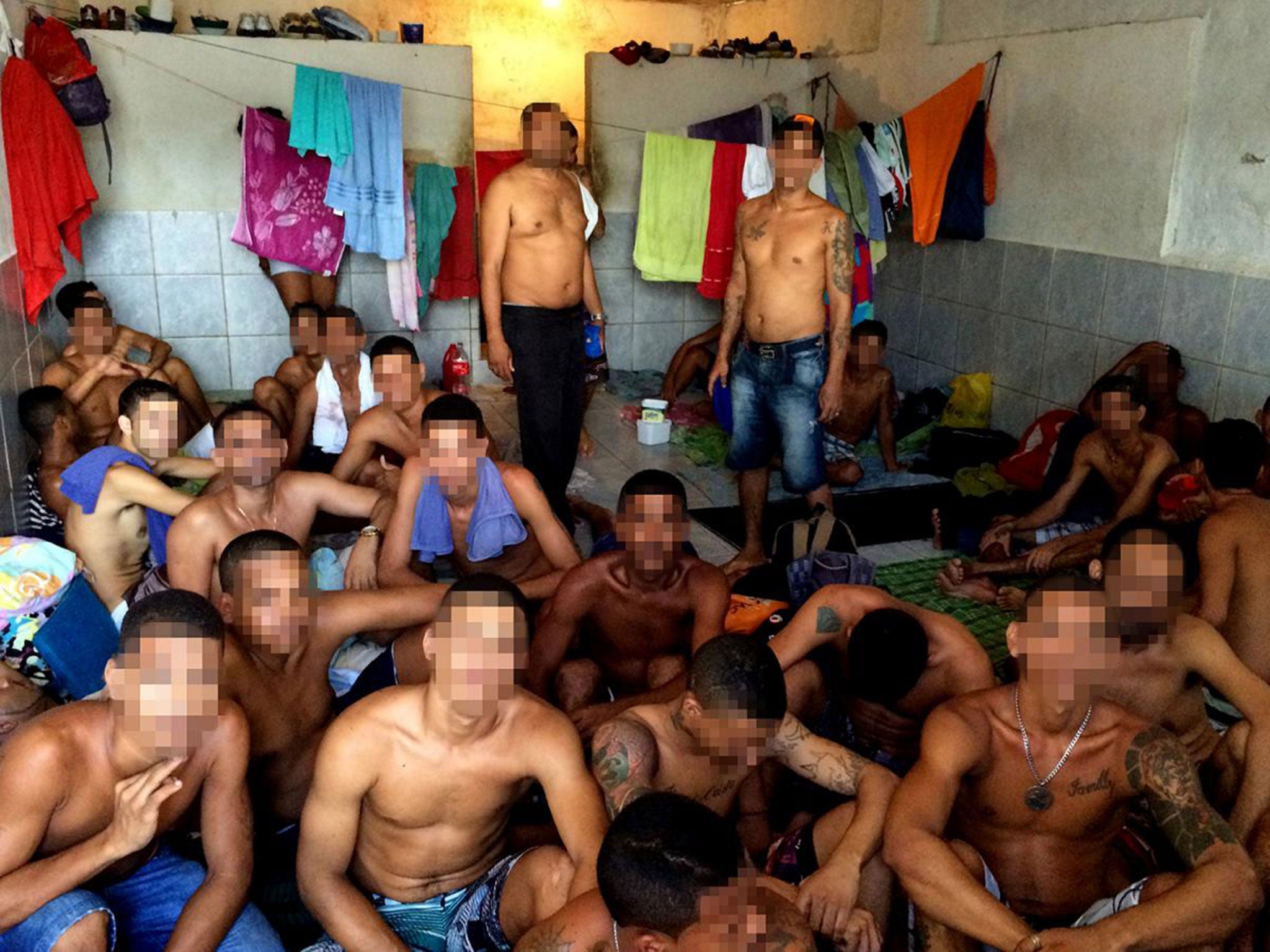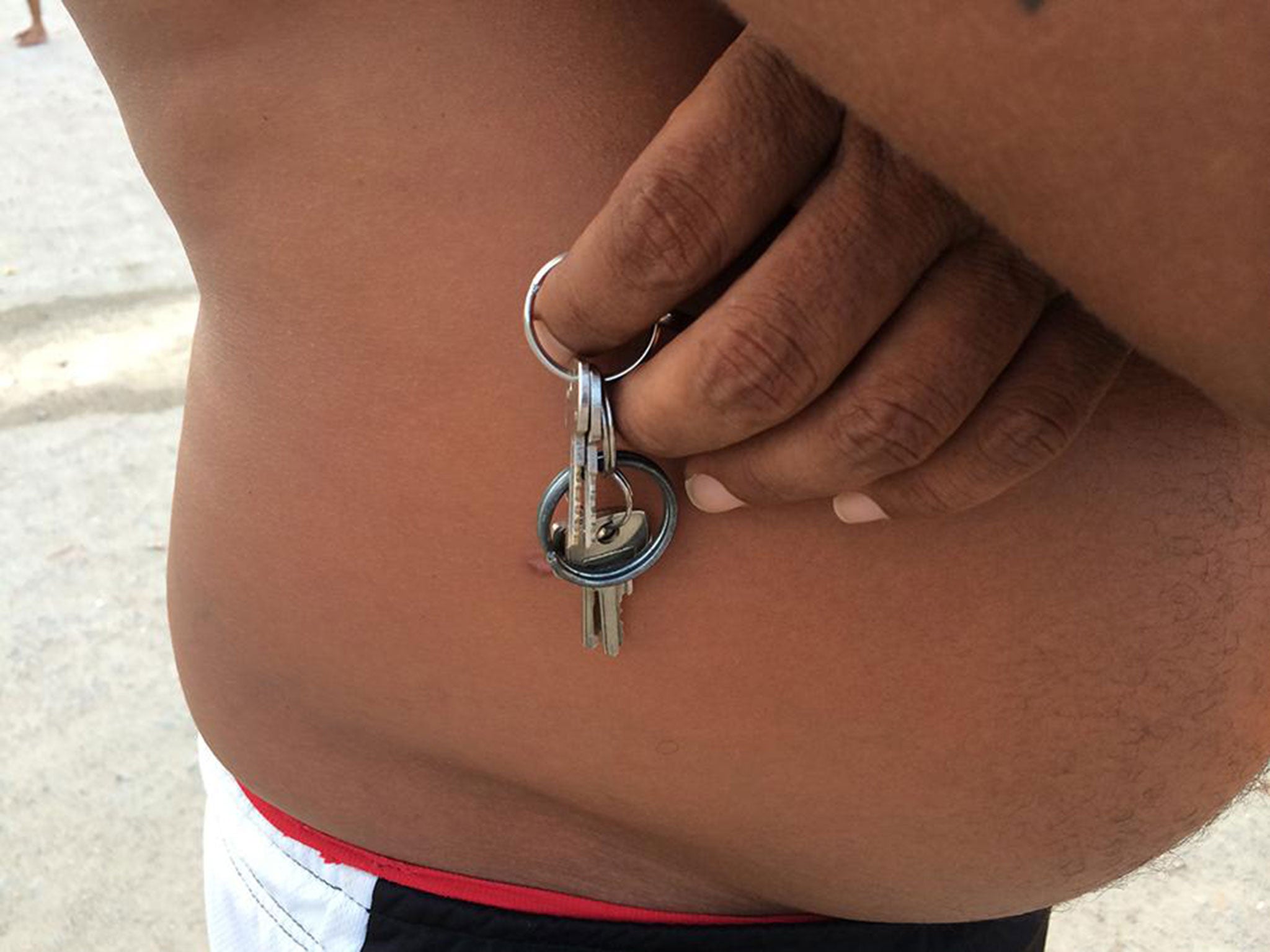Brazilian jails where inmates are left to the mercy of fellow prisoners
'Keyholders' are terrorising their fellow inmates, extorting them and even selling drugs
In the Brazilian state of Pernambuco, the control of overcrowded prisoners has been turned over to the inmates themselves.
The arrangement may sound egalitarian but a documentary by Human Rights Watch (HRW) has revealed trusted “keyholders” abusing their powers to extort, abuse and even sell drugs to their fellow prisoners.
The organisation’s report documents the sordid conditions in four of the most overcrowded jails in the world, where disease and criminality thrive.

“Overcrowding is a major problem in Brazil´s prisons and nowhere else it is more severe than in Pernambuco,” said Maria Laura Canineu, HRW’s Brazil director.
“The state has packed tens of thousands of people into cellblocks designed for a third as many people, and turned over the keys to inmates who use violence and intimidation to run the prison grounds as personal fiefdoms.”
More than half of detainees are awaiting trial but are incarcerated with convicted prisoners, in violation of international and Brazilian law.
There was not even space for prisoners to lie down in one cell, where 60 men were housed with just six cement bunk beds, and short staffing means there is less than one guard for less than 30 prisoners in the state.

At one prison that holds 2,300 inmates – a “semi-open” facility where some inmates are allowed to come and go for work – only four guards are on duty per shift.
Gang rape has been reported, as violent militias tour the jails to collect “debts”, with guards allegedly turning a blind eye or taking a cut in exchange for their silence.
Meanwhile, poor sanitation, ventilation, overcrowding and a lack of medical care is driving the spread of disease, with the prevalence of tuberculosis in Pernambuco’s prisons at 100 times that of the general population.
HRW is working with several charities and human rights organisations to push for reforms guaranteeing the safety and health of detainees, and to bring standards in line with international law.
Join our commenting forum
Join thought-provoking conversations, follow other Independent readers and see their replies
Comments